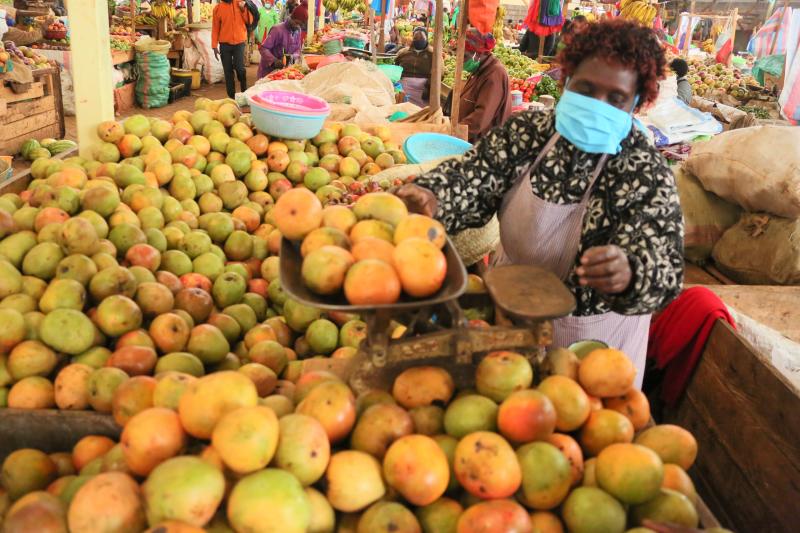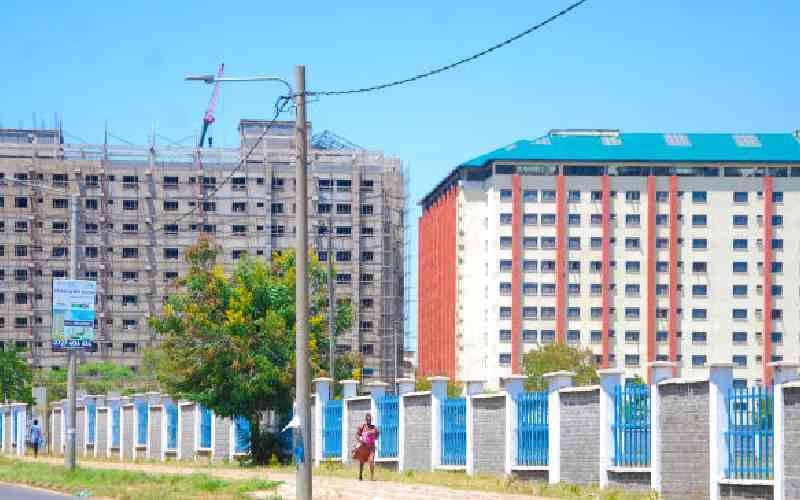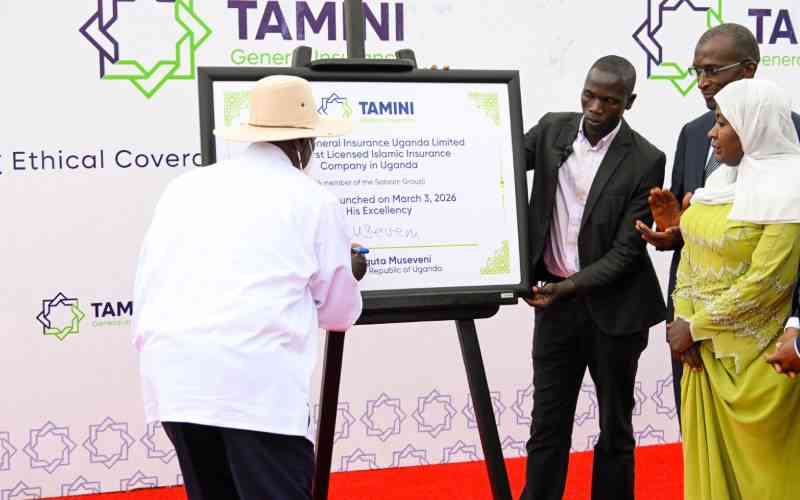×
The Standard e-Paper
Home To Bold Columnists

A few weeks ago, business was booming and farmers in Kerio Valley were minting money from the trade of mangoes.
The multi-million fruit trade in the area usually thrives from August through December to March.







